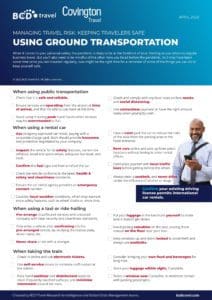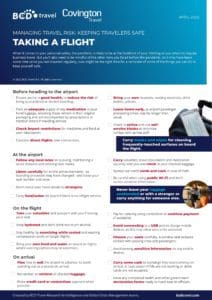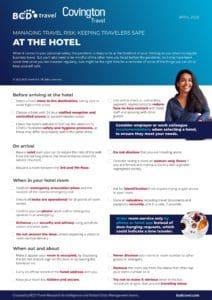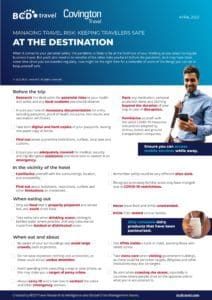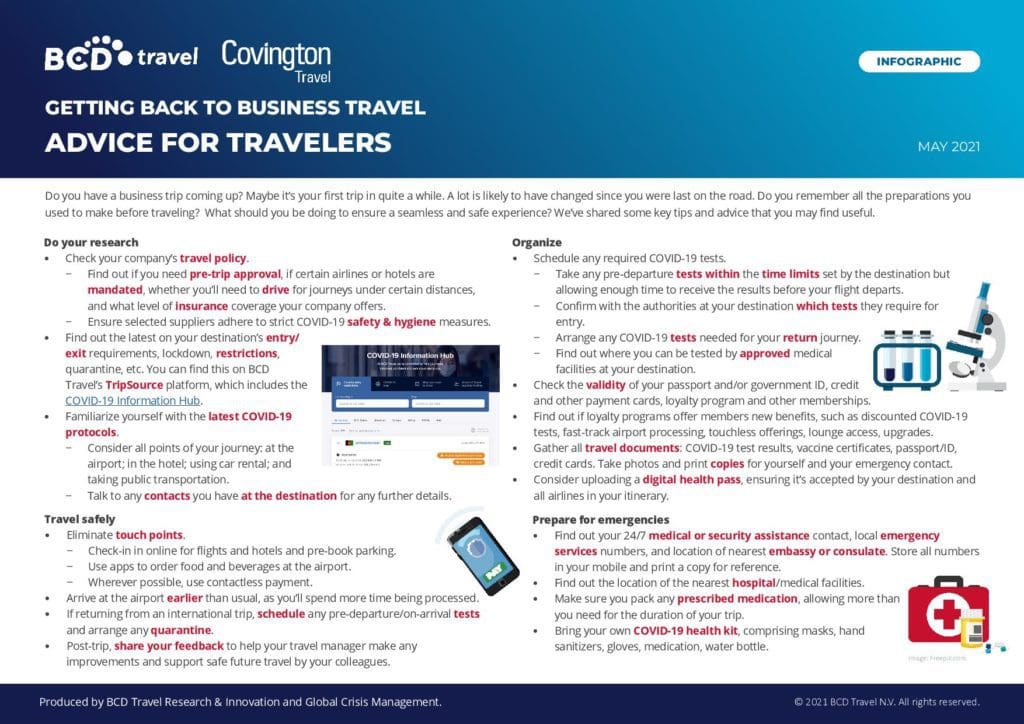Insider Tips & Trends for Living the Art of Travel
Recent Posts
Ireland’s Hidden Coastal Villages: Authentic Experiences Beyond the Tourist Trail
Belize Adventure: Where Jungle Meets Reef in Central America’s Hidden Gem
Take Your Business Meetings and Events to the Next Level of Sustainability
The Disney Treasure: A First Look at Disney’s Most Immersive Cruise Experience
2025 Travel Trends: Where Will Your Wanderlust Take You?
The Ultimate VIP Disney World Experience: Your 2025 Luxury Guide
Malta: Where Ancient Nobility Meets Modern Mediterranean Luxury
Weddings in Canada: 5 Magical Resorts For An Unforgettable Event
About Travel Maestro
Hi, I’m Beverly, Covington Travel’s Marketing Director and the voice of TravelMaestro. I love to travel well and help others do the same. For me, traveling well doesn’t have to mean unabashed luxury, although I must admit, I do love just that. No, traveling well has to do with really experiencing the culture, engaging with people, and learning something about your destination, and very possibly yourself, along the way.

